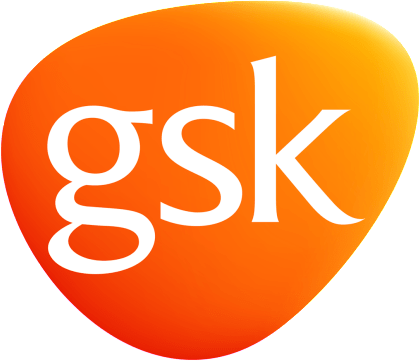
For one of the world’s top five pharmaceutical companies, we conducted a twelve-month review of process safety across its global primary manufacturing operations.

These operations are intrinsically high-risk, since they involve a range of hazards including bio-chemical and other toxic materials as well as the more typical fire, explosion and atmospheric release dangers associated with any chemical production process.
Conducted in partnership with a specialist technical safety consultancy, Premier Safety Associates, this review was undertaken at sites in the UK, Europe and the Far East. Its scope was wide-ranging and covered all aspects of process safety and the potential for systemic failure.
The results of the study were presented to the President of Global Manufacturing and the extended manufacturing leadership team. The findings set out a number of clear practical recommendations embracing the areas of leadership, education, reporting (KPIs), assurance, governance and supply chain management. While there were clear recommendations – developed in concert with in-house process safety experts - we were careful to concentrate on putting forward a small number of high-value, practical ways forward and to avoid a laundry list of procedural changes.
The findings were fully accepted and endorsed by the client and have led to significant enhancements in the way that the organisation manages high-severity risk. While already an industry leader, and fully compliant in relation to process safety, these actions are now taking our client beyond industry excellence and into the category of being among the best practitioners across the whole high-hazard sector. We were able to make recommendations based not only on current pharmaceutical practice but also by applying our first-hand knowledge of best practice in other high-hazard environments such as oil, gas, power generation and civil aviation.
In terms of implementation, we continue to provide support in two key areas. The first covers the process of assurance and governance in relation to high-severity risk, where a number of changes to audit, reporting, key performance indicators and board scrutiny are currently on the table. The other relates to leadership education, where we – again in partnership with Premier Safety Associates – have developed and delivered a highly successful programme of workshops for site leadership teams which build a deep understanding of leadership’s role (across all disciplines) in recognising, and guarding against, the potential for catastrophic process safety failure.
More recently for GSK’s global vaccines business, we have been involved in a range of activities designed to reduce the risk of significant accidents. This process safety focus is vital in an industry where control over live viruses is absolutely critical to safe operations. Our work has included a deep dive, with local and corporate-level managers, into loss-of-containment incidents and near misses both within GSK and in other pharma companies’ manufacturing operations. We are currently rolling out a preventive programme across GSK’s main vaccines manufacturing facilities in Singapore, France and Belgium.
We have brought a variety of innovative techniques to this programme, including a pre-mortem workshop in which managers, staff and trade unions collaborate in envisioning the circumstances which could lead to a catastrophic release. Based on these pre-mortem findings, participants then undertake a range of collaborative scenario planning activities to put in place in order to reinforce the manufacturing site’s defences, whether technical, procedural, cultural or behavioural.

